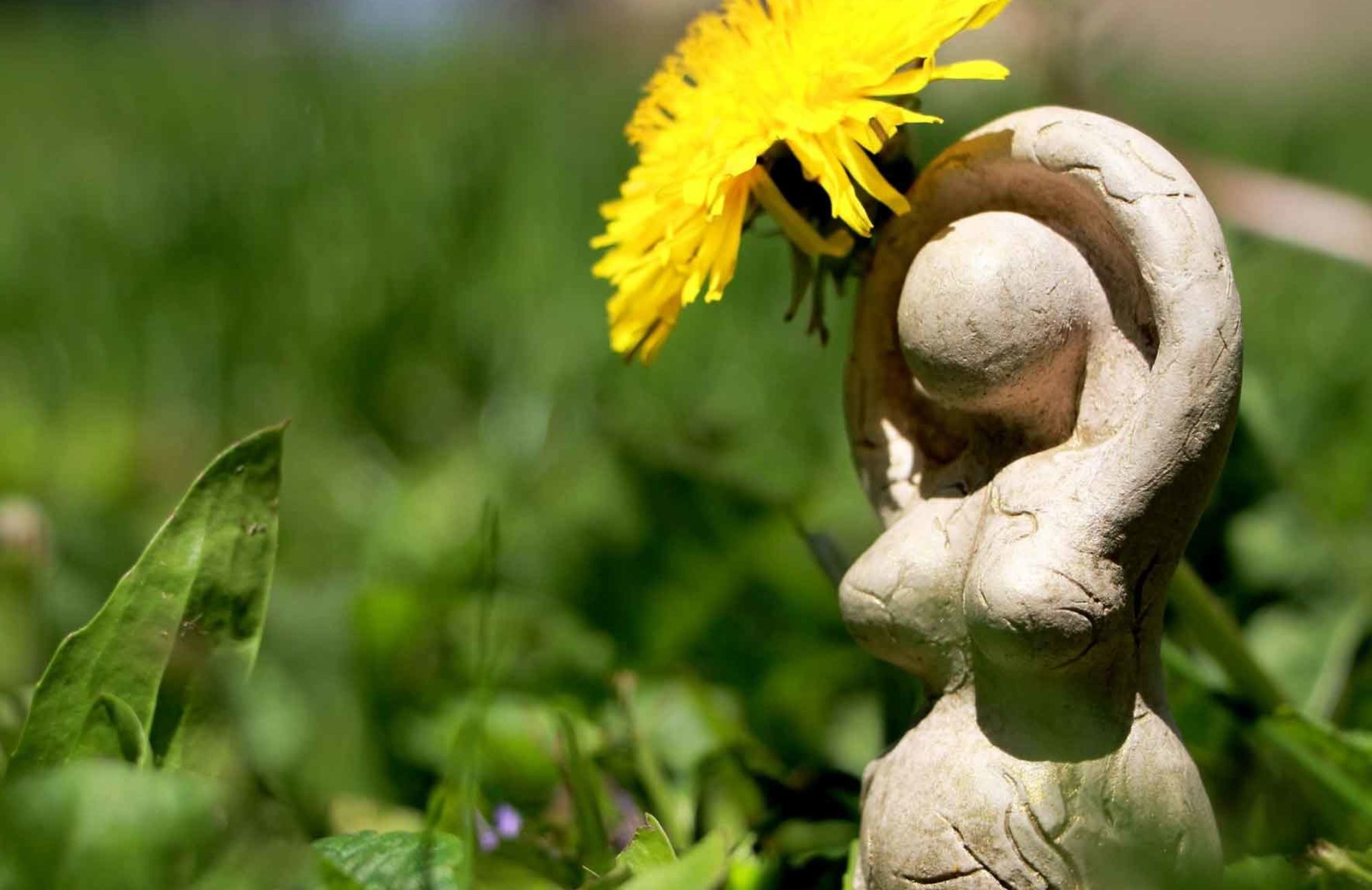“Eruptions of Inanna: Justice, Gender, and Erotic Power”
with Judy Grahn
Thursday, January 12, 2023 at 3 PM Eastern Time
REGISTER HERE

“My forty-year love affair with Sumerian goddess Inanna continues with the 2021 publication Eruptions of Inanna: Justice, Gender, and Erotic Power, with interpretive retelling of eight of her stories. I address her depth, her longevity (now!), and a beginning take on her thealogy. This salon will allow even more complex and relevant understandings of who She is, and how we access Her. Because if, as I argue, She is goddess of Life itself, and we are blessed to have lush material from the ancient poets who first described Her, then what can we perceive of the ethical as well as the psychological teachings in Her stories?”

“From the translations and interpretations of Noah Kramer and Diane Wolkstein, Betty De Shong Meador, and a dozen more, we already know much of the psychological value of Inanna’s literature. For fourteen years my colleagues and I used her Descent myth to frame the journey students took through our MA program in Women’s Spirituality. Researching and writing Eruptions allowed me to address my own questions: why is a goddess of love and beauty also so violent–or is She? How do Her androgyny and cross-gendered priesthoods fit? Were the writings of her greatest poet, Enheduanna, the central axis of the Book of Job? And how, if She is goddess of Life itself, how do we have an intimate, even everyday, relationship with Her? Using two of her lesser-known stories, I plan a presentation with illustrations enhanced by your questions and experiences to deepen our connection to Her vivacity and love.”

Judy Grahn is an internationally known poet, author, mythographer, and cultural theorist. Her works include seven books of nonfiction, two book-length poems, five poetry collections, a reader, and a novel. Audible just released two audiobooks if her works: Judy’s first forty years memoir, A Simple Revolution, and The Judy Grahn Reader, which also includes The Queen of Swords, read by six readers as a raucous verse play on Inanna’s Descent Myth. Grahn’s eco-essays, Touching Creatures, Touching Spirit: Living in a Sentient World came out in print in 2021, as did Eruptions of Inanna: Justice, Gender, and Erotic Power. The latter has won two awards for scholarship, from ASWM (the Sarasvati Award for Best Nonfiction) and from PENOakland. Coming next: an updated version of The Highest Apple: Sappho and the Lesbian Poetic Tradition with commentaries by seven younger writers. Judy’s lifework has fueled LGBT movements, feminism, and Women’s Spirituality. For more information about her work see the Commonality Institute, a community for artists and scholars engaged with Judy’s work.
Save these dates for the next ASWM Salons:
January 26, 2023, 12 NOON Eastern Standard Time
“Matriarchal Landscape Mythology”
Andrea Fleckinger and Heide Goettner-Abendroth
February 9, 2023, 12 NOON Eastern Standard Time
Title to Be Announced
Luciana Percovich

The Salon recording will also be available to members after the event.



 Our deep gratitude to the
Our deep gratitude to the 

You must be logged in to post a comment.